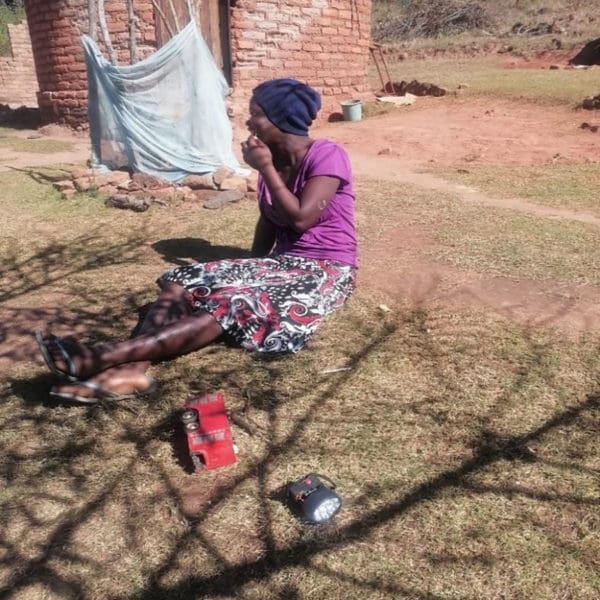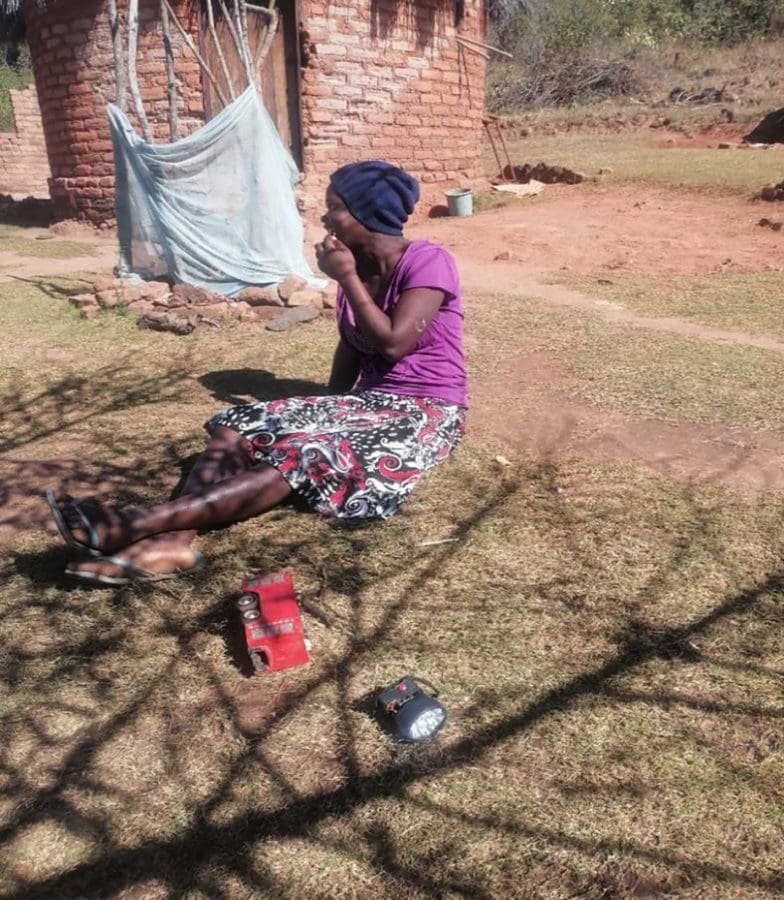Restoring Yolander’s Hope with Skills to Manage Life’s Constant Hurdles
One of seven children and one of two girls, YOLANDER NHENDO (17), found herself alone. Her mother, ABIGAIL MUKAKANYARI had moved thirty kilometers away to Jerera.
Written By: LYNETTE CHIPENDO
Yolander’s older sister, CHELSEA, opted to leave her children, aged three and seven months old, to migrate to South Africa in search of better economic opportunities. As a result, Yolander became solely responsible for caring for her sister’s two children.
The overwhelming responsibilities of tending to minors, farming, cleaning, cooking, and fetching fencing poles didn’t stop Yolander from committing to writing her Ordinary Level examinations at Dzoro Secondary School in

A lighter moment in life and hopeful, YOLANDER NHENDO (17) shares, “These Takunda lessons have helped me to become a child who listens, a person who intends to return to school, and a person who has changed the way I used to dress to meet family expectations. Takunda has made the future I had always wanted more promising”. © Lynette Chipendo/TAKUNDA RFSA
Zaka together with her friend CATHERINE MUTUPO. Catherine is a well-mannered, neat student whose academic performance was average; however, when they collected their examination results, Yolander had failed all of her examinations. This was, possibly, the end of the road for Yolander, who lived with her father, KENIAS NHENDO, in Chinoona Village, Ward 8.
Swamped by the youthful thoughts of “what ifs,’ “how will I,” and “what’s next,’ Yolander’s stress was visible. MANYETU MUTUPO, Community Health Club Facilitator and a Disaster Risk Management Focal Point Person noticed this, told her about one of Takunda’s upcoming Life Skills training, and encouraged her to attend the session.
During Takunda’s Passport To Success Life Skills training on the topic of Stress Management, Yolander acknowledged that she had stressors in her life emanating from her roles and responsibilities at home. She felt they were many.
To help her cope, she learned about different strategies to manage stress. So far, she’s adopted coping mechanisms such as taking a walk and switching tasks to help clear and settle her mind. As a result of the life skills session, her relationship with her family is stronger, and she’s taken the initiative to tone down on her previously radical dressing.
In retrospect, Yolander shared that the Making A Positive First Impression session encouraged her to change the way she used to dress; in the community, as they viewed her dressing as being provocative. Making a Positive First Impression is delivered as part of a series of introductory training sessions aimed at increasing awareness of social and business etiquette in young people. Together they create a foundation conducive to employability.

